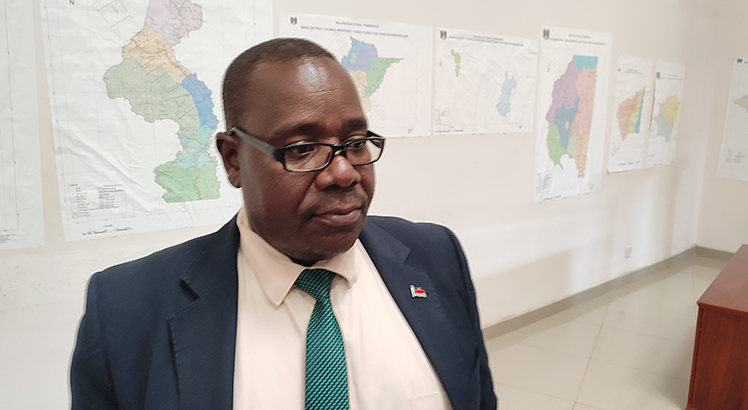Government yet to meet judges contractual obligations
The Malawi Supreme Court of Appeal and High Court registrar Kondwani Banda has said government is failing to meet judges’ contractual obligations, a development that has potential to affect delivery of justice.
Speaking yesterday when Judiciary officials appeared before parliamentary budget cluster committee on Legal Affairs and Government Assurance, the registrar said the contractual obligations include vehicles and fuel.
Said Banda: “On the issue of the judges, I plead with the committee that maybe it can take up this matter to ensure that issues of contractual obligations for the judges must be implemented at all cost.
“Why do I say so? Judges must be told to account for their actions when they have been given what is supposed to be given in their conditions of service.”

He said vehicles for judges are supposed to be replaced every four years, but it is taking seven or more years to replace the vehicles, which are also not serviced regularly.
He added that fuel allocations are not being honoured as judges sometimes takes months to get them.
Banda said failure to meet judges contractual obligations affects progress of cases as it becomes difficult for them to travel to other districts to handle cases.
He added: “When a judge fails to go to work, the number of unconcluded cases keeps increasing. This year, the Judiciary is supposed to buy vehicles for 15 judges, but the money allocated cannot meet half of the vehicles needed.”
The Judiciary has since called for an increase in its 2024/25 budget allocation to meet contractual obligations for judges.
The government arm also needs to buy vehicles for retired chief justices, pay insurance for new and old vehicles, buy uniforms for court marshals and security guards and finance the judicial complex and commercial court projects.
In the proposed 2024/2025 National Budget, government has allocated K36.2 billion and Judiciary wants an additional K6.9 billion.
Banda observed that almost half of the magistrate’s courts are in dilapidated state, while others are not functioning, adding the Judiciary needs more resources to rehabilitate the courts.
“We have a total of 207 magistrate’s courts and only 106 are functioning while 101 are in a dilapidated state,” he said.
On his part, Judge Joseph Chigona expressed concern that failing to buy the 15 vehicles this year will increase government’s burden next year as there will be an additional 12.
He said the Judiciary understands that government is facing resource challenges, hence they agreed to have the vehicles to be procured in phases.
The cluster co-chair Albert Mbawala said the issue case of contractual obligations is serious as it has the potential to demotivate judges.
“When a judge is demotivated it will affect delivery of justice. How does a judge go to preside over a case if they do not have fuel or means of transport? Judiciary should be considered.
We know the resource envelope is small, but if at least half of the the additional resources can be provided it would help,” he said.





